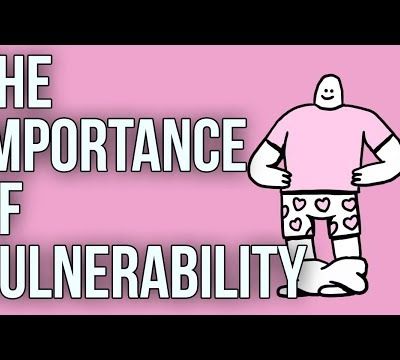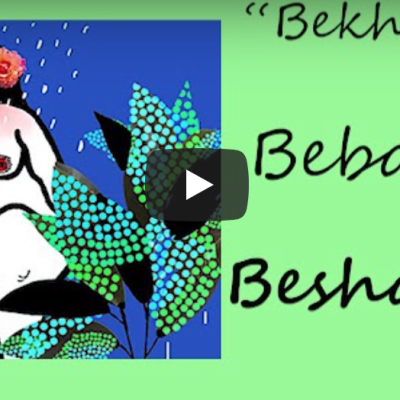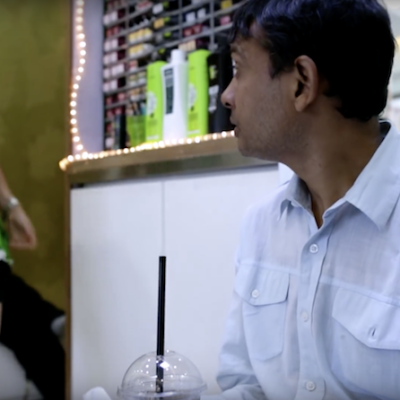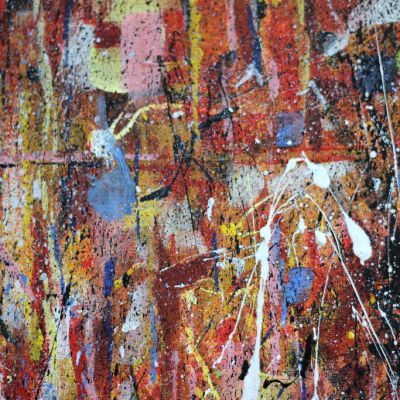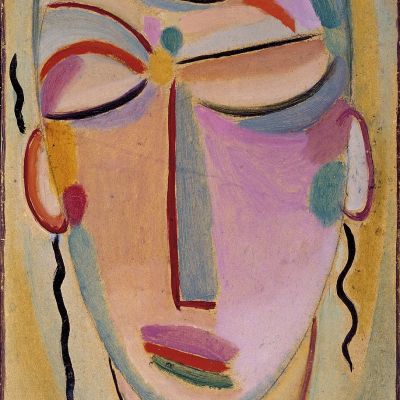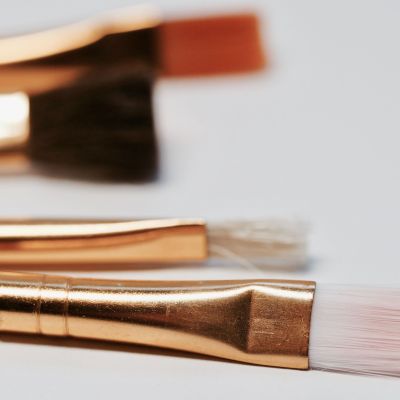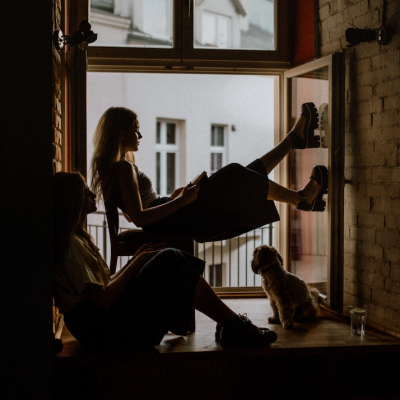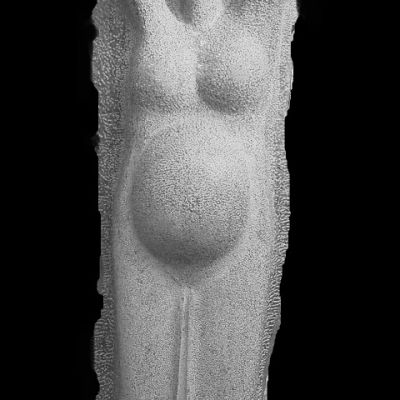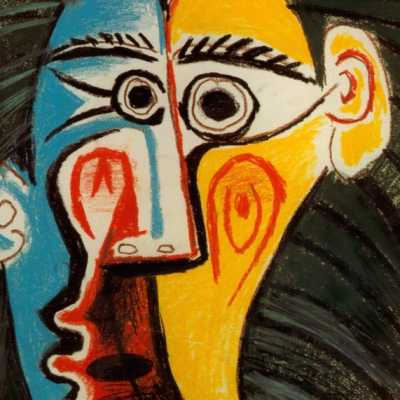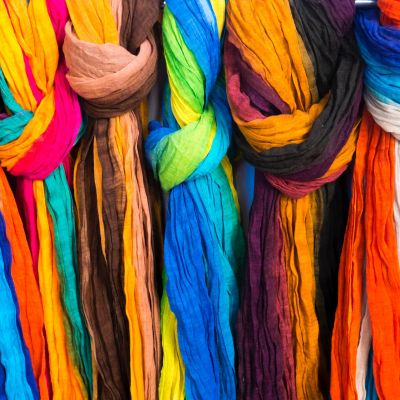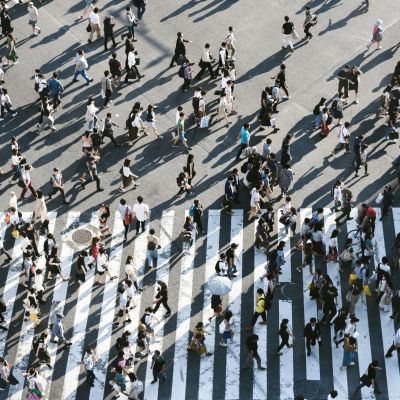Body Image
In a way, the expression of vulnerability can be a foundation of trust and mutual support in a relationship, often leading to a sharing of burdens and the building of a deepened connection and solidarity.
In a world where the body and its desires often become a site for personal insecurities and external policing, confronting the same body in its raw, physical nakedness, and feeling utterly, irrevocably comfortable with it is almost a revolutionary act
Take the befuddled protagonist of this insightful short film. In an attempt to pamper himself for a special occasion, he decides to enter the precincts of an upscale salon. See what happens next.
Why do we always assume that violence is done to us by someone else and not that we do it to ourselves quite easily and then have a million explanations to justify why we do not eat, why we use Fair and Lovely face cream, why we spend hours in the gym under duress, and why we focus incessantly on how much one has gained or lost in kilos and not in a metaphysical sense?
It wasn’t that she had never heard of homosexuality; but, in her imagination, gay men and women were an exotic species, not real people who could, perchance, be fellow passengers on a bus, fellow shoppers at a mall, or a fellow beginner in a meditation class.
I always thought I’d get married in a white mekhla-sador, the paht soft and warming, so in cool weather please.
Waxing my body for the first time last year to have silky skin like the women on Veet’s box but ended up with rashes instead.
“Be yourself, Sarah. Awkward smiles, empty silences, weird laughter, and all. It’s just a part of being human. Loving someone physically is never not awkward. Even if it’s a monogamous relationship. It’s only the comfort of familiarity that makes you think otherwise.”
The issue with the ‘Aunty’ body arises from a deeply misogynistic and dehumanising understanding of women. In this imagination the woman, whom the world now addresses as ‘Aunty’, has basically served her purpose of marriage and child bearing, and is hence rendered useless.
Each time I would look into the mirror, I would see the love handles bulging through my shirt and cringe inwardly. Mills and Boon had convinced me that my body was not loveable like that of the thin, beautiful protagonists, and thus, there would no knights coming for me on horses, now or later.
Do you love your eyes and hate your knees? Or do you sometimes wish your XXX were different? Replace XXX with any body part of your choice. We have all been there – griping, never satisfied, and never owning our own beauty. How do we perceive and evaluate our own bodies? What do we love? What do we loathe? And why?
In one sense, the body is what I immediately am. In another sense, I am separated from it by the…
It is evident that the workplace is not just a site for economic production but also a space where bodies are shaped, controlled, and violated.


